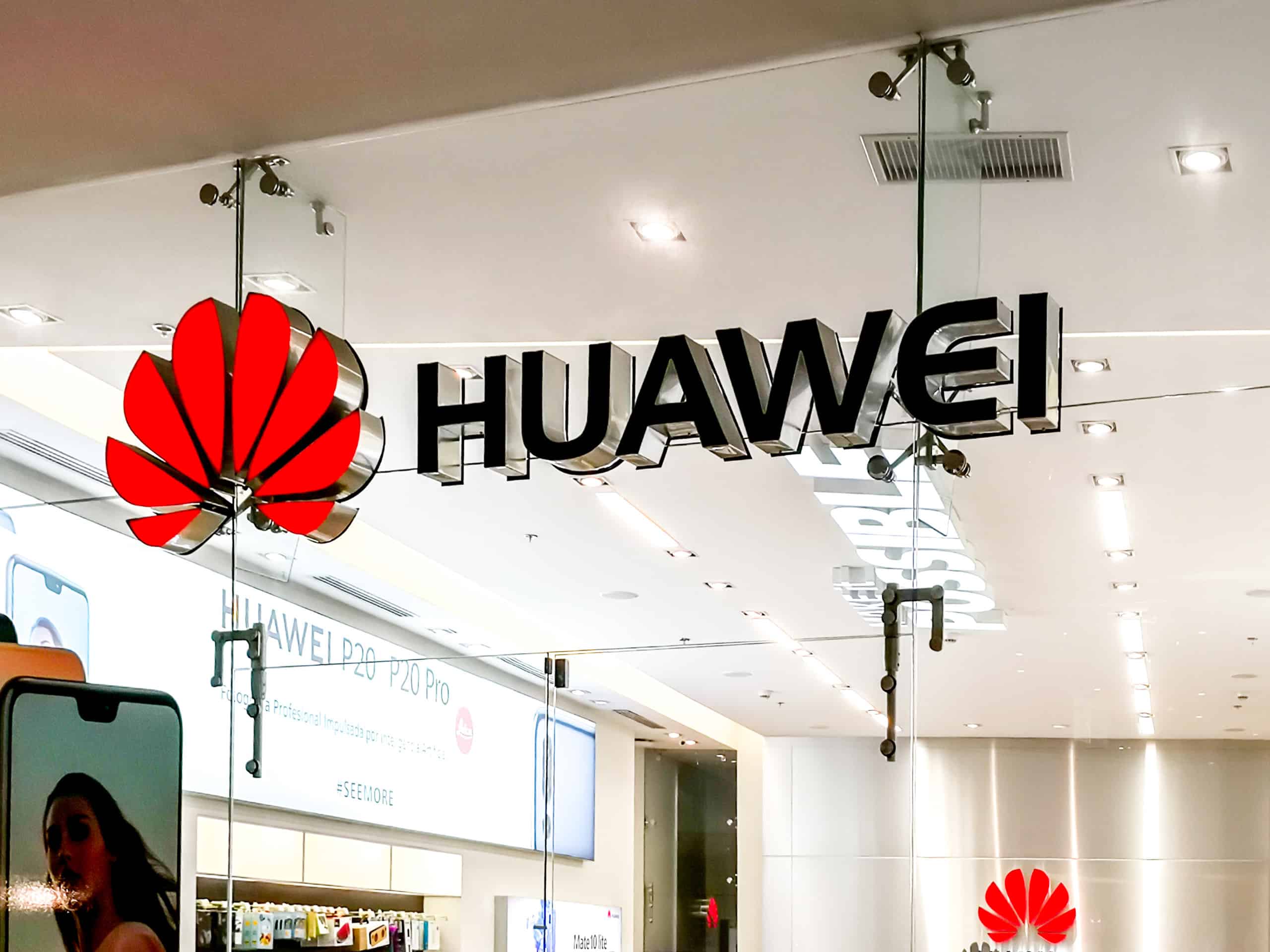Good evening. If a democracy’s leading political parties are unwilling to place their nation’s long-term security interests ahead of their short-term electoral interests, can that nation long endure? That question looms large in Taiwan, which must live with the threat of forced unification with China. Xi Jinping has famously said that the Chinese Communist Party’s long-delayed dream of taking the island can no longer “be passed generation to generation”. If Xi decides to force the issue with a blockade, which would be less likely to trigger U.S. military intervention than an outright invasion, that blockade’s success or failure could well depend on how long Taiwan can husband its energy supplies. But as Nathaniel Taplin writes in this week’s cover story, both the ruling Democratic Progressive Party and the opposition Kuomintang seem unwilling to make the tough choices on energy policy that would increase Taiwan’s chances of surviving a blockade with its independence intact.
Also in this week’s issue: The China AI unicorn inspired by 70’s rock and roll; When will your car finally fly?; Hongbin Li on the gaokao, the world’s “highest exam”; and Zhenhua Zhang on China’s addiction to coal.
Want this emailed directly to your inbox? Sign up to receive our free newsletter.
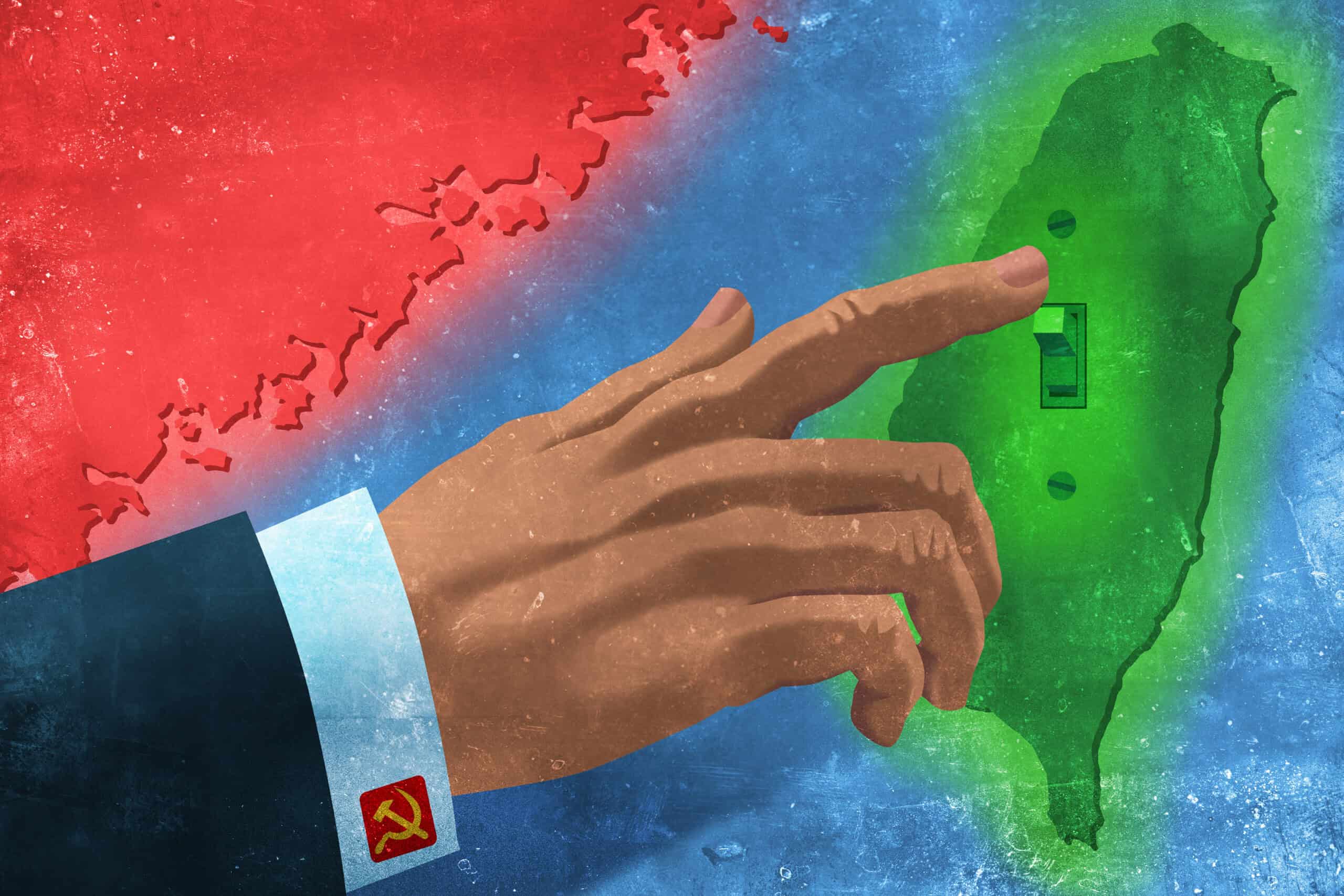
How to Take Taiwan
Taiwan’s ruling Democratic Progressive Party has long been hostile to nuclear power and recently mothballed the island’s last reactor. The opposition Kuomintang likes nuclear but is not keen on solar, wind and other renewable alternatives. Taiwan will need all of the above if it hopes to preserve its democracy from a Chinese blockade aimed at cutting off vital imports of fossil fuels and forcing unification. But the DPP, the KMT and Taiwan’s voters all seem incapable of supporting the tough choices needed to harden the island’s energy sector and survive a blockade.

The Big Picture: Meet Moonshot AI
Moonshot AI’s name says a lot about the Beijing-based unicorn. The start-up, founded by a Chinese returnee from the U.S. who did his PhD at Carnegie Mellon, wants to compete with giants such as Alibaba and DeepSeek and has impressed many with K2, its new large language model. In this issue’s Big Picture, Noah Berman looks at Moonshot AI, whose Chinese name translates as The Dark Side of the Moon, and its founder, Yang Zhilin. Yang was born in the 1990s but, as Moonshot AI’s Chinese name implies, likes Pink Floyd, the Rolling Stones, Led Zeppelin and other bands that are much older than he is.
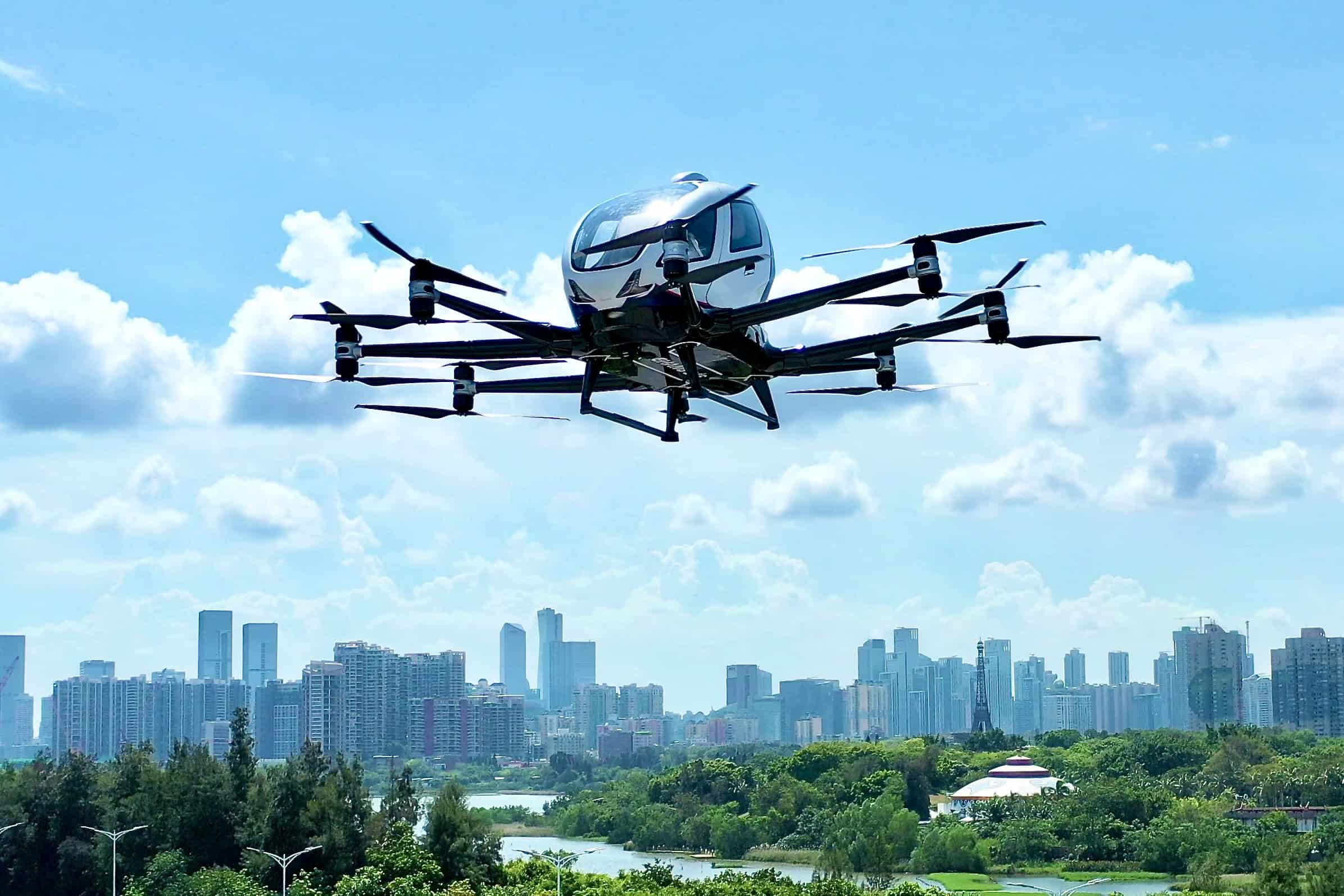
When Cars Can Fly…
It is an easy daydream to slip into when stuck in traffic — imagining that your car could fly. That dream has seemed tantalisingly close in China over recent years, as companies roll-out experimental vehicle after vehicle designed to operate in airspace below 3,000 metres. But as Rachel Cheung reports, a recent aerial accident in Changchun shows that every driver’s rush-hour dream remains, at least for now, a dream.
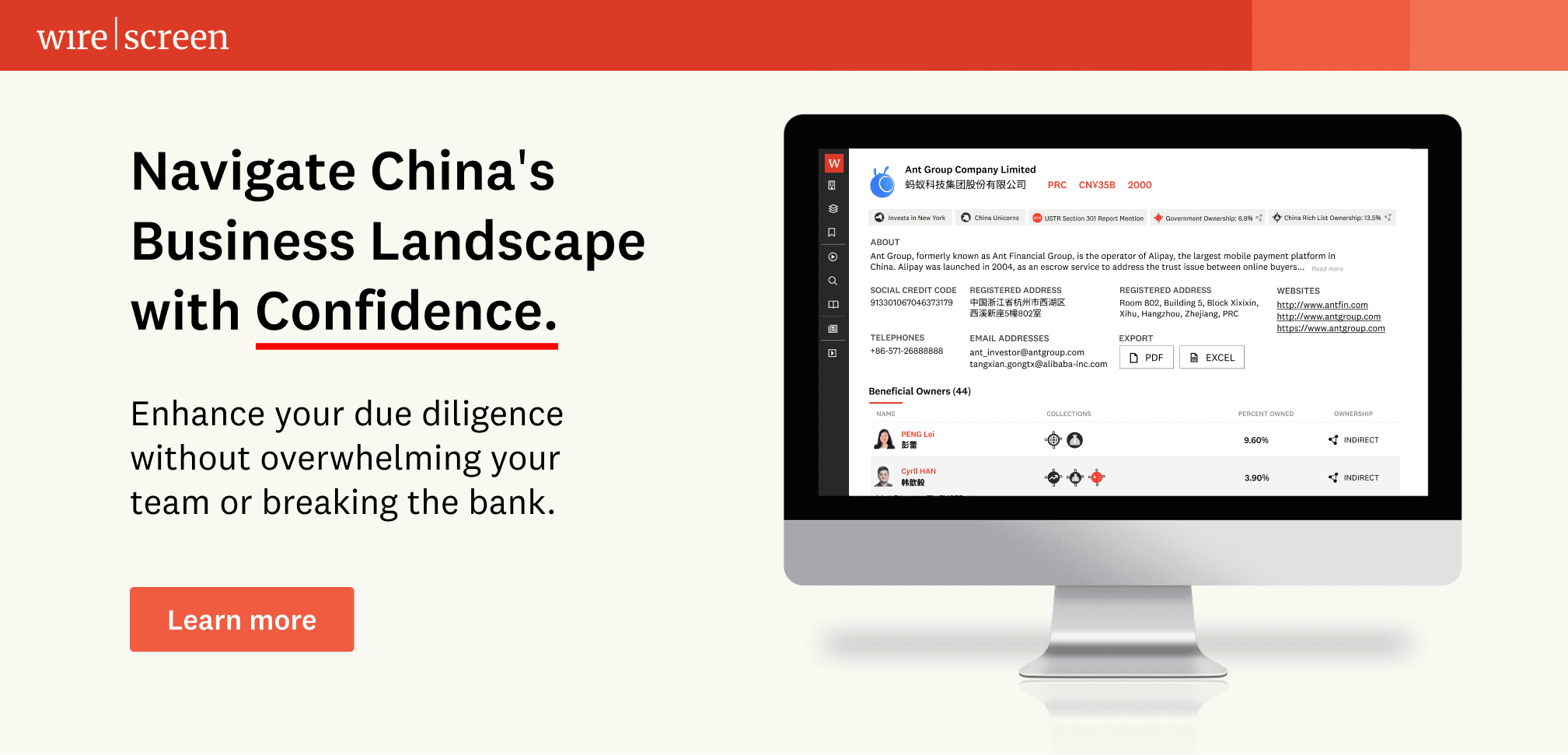
A Q&A with Hongbin Li
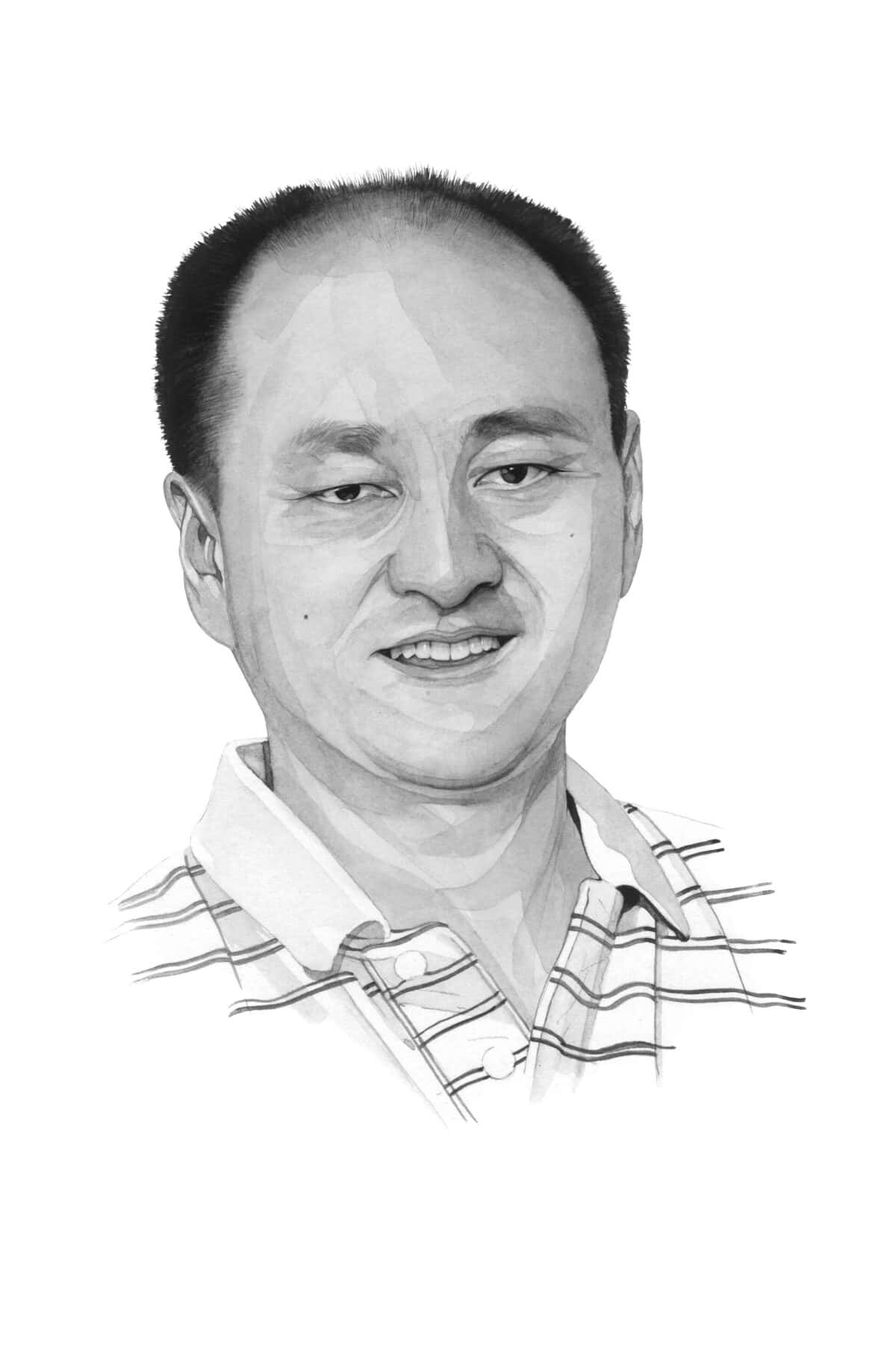
The infamous gaokao exam, which shapes the fates of millions of Chinese high school students every year, propelled Hongbin Li from a Liaoning factory floor to prestigious academic positions in Beijing, Hong Kong and the U.S.
In a conversation with Evan Peng, Li talks about his new book on the gaokao, how it shapes Chinese society and the inequalities inherent in it. While his own experience is not uncommon — a working class kid whose potential was revealed by the exam — it is still the exception rather than the rule. Think of the gaokao, he says, as the world’s biggest tennis tournament. “If you have a good coach and you spend a lot of money on training, you can score higher … People from richer families definitely have an advantage.”
Hongbin Li
Illustration by Kate Copeland
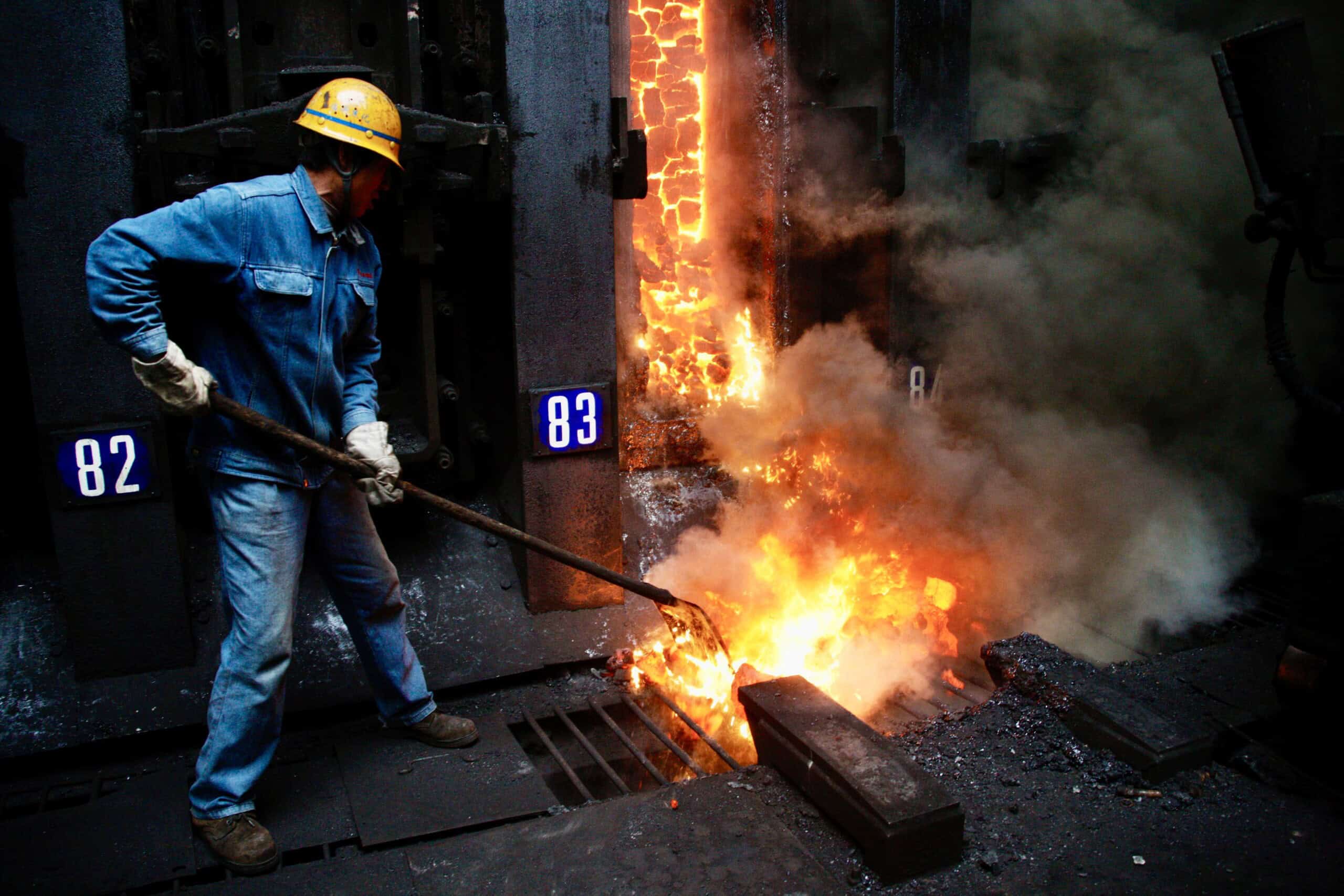
China’s Coal Problem
Xi Jinping’s pledge to reduce China’s carbon emissions 7-10 percent by 2035 looks good, especially when compared with Donald Trump’s disdain for the climate crisis. But as Zhenhua Zhang writes in this week’s opinion column, the country also remains addicted to coal. Last year it was responsible for more than 90 percent of total new coal generation capacity installed worldwide.
Subscribe today for unlimited access.

